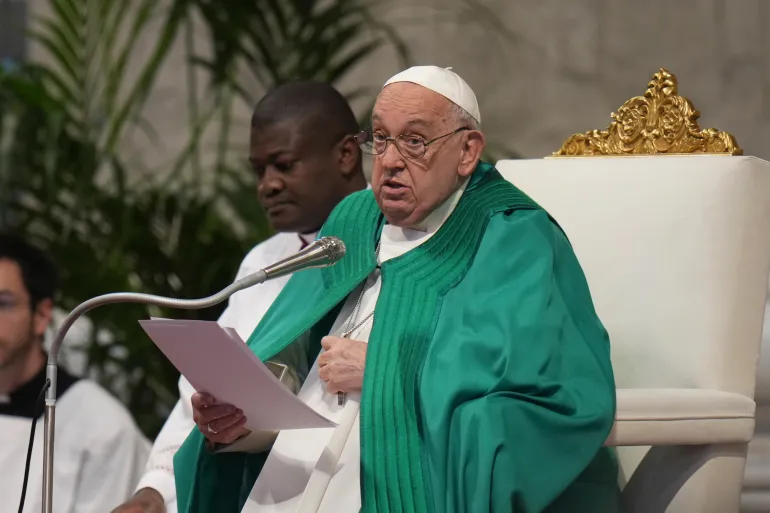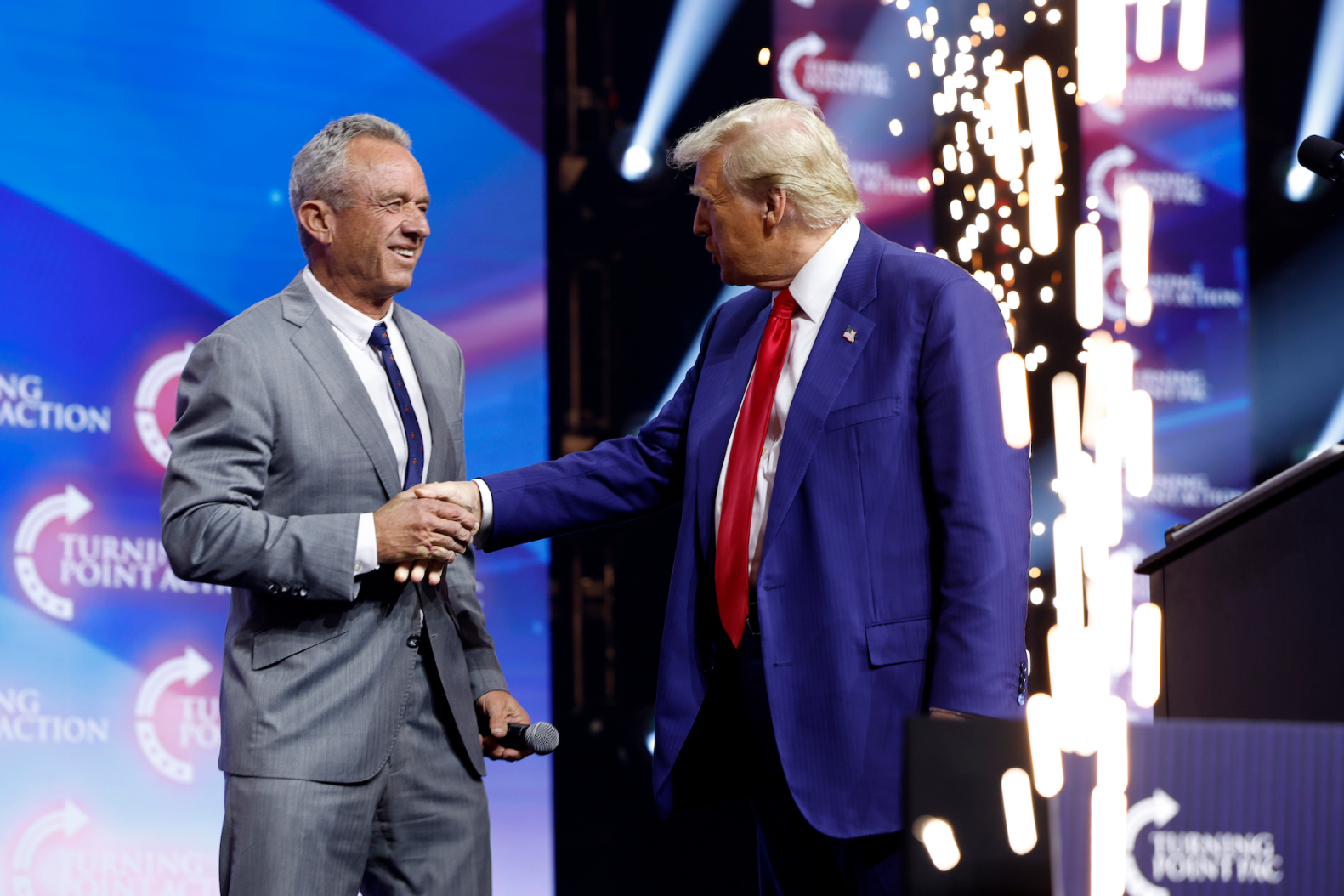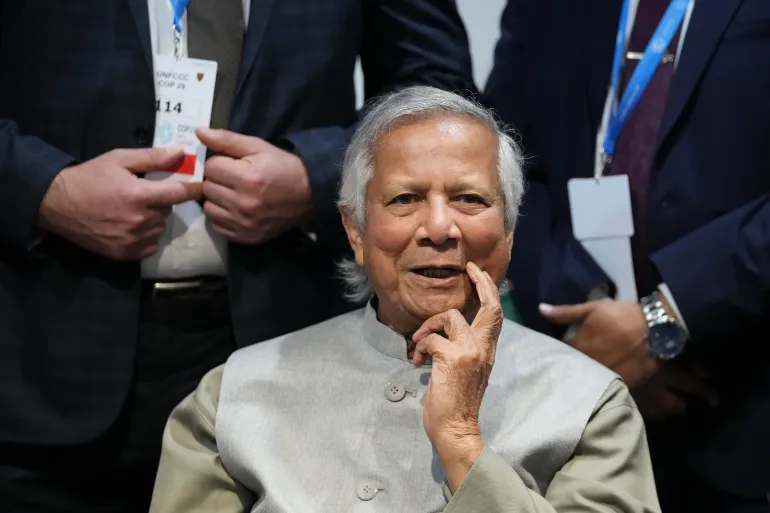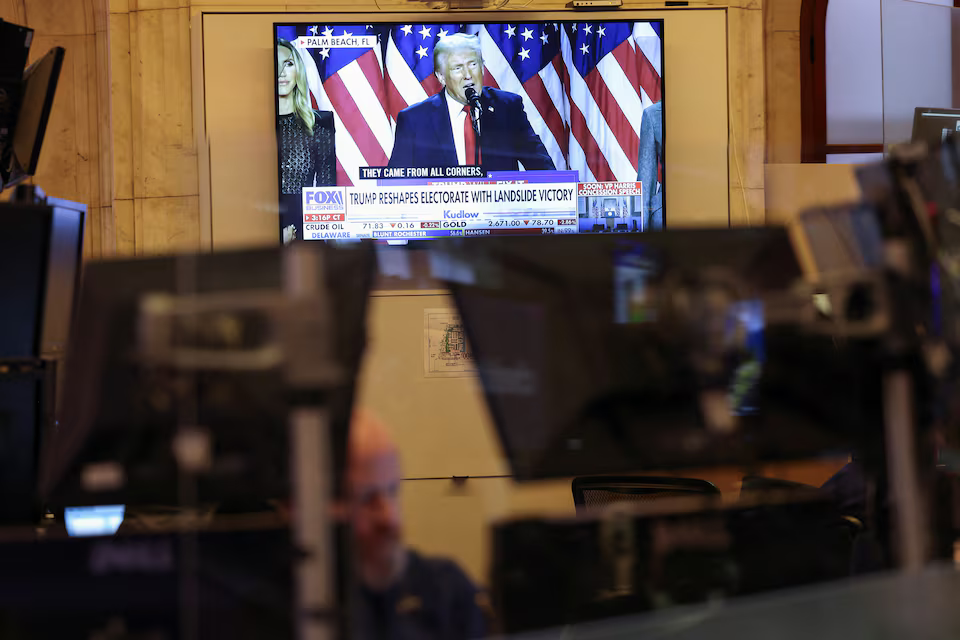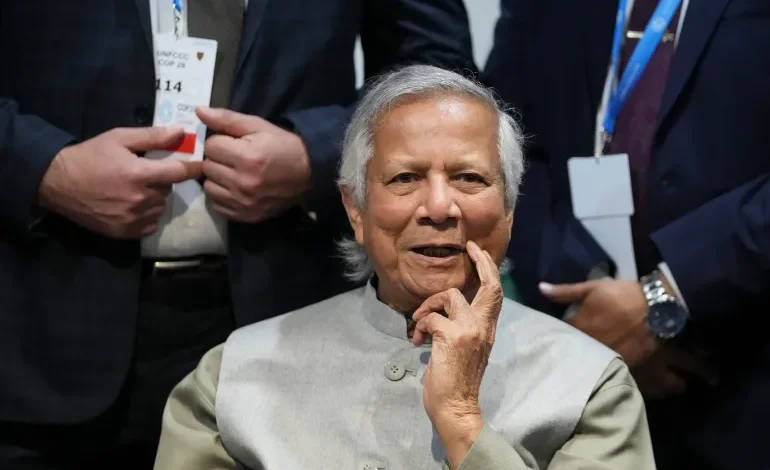In a televised address marking 100 days in office, Bangladesh’s interim leader, Muhammad Yunus, appealed for national patience, pledging that general elections will be held following the completion of electoral and institutional reforms, Al Jazeera reports.
Yunus assumed leadership of the transitional government following the ouster of Prime Minister Sheikh Hasina in August.
“I promise that we will hold the much-anticipated election once the necessary and essential reforms are complete,” he said.
While promising the formation of a new election commission “within a few days,” Yunus offered no specific timeline for the elections, emphasizing the need for substantial electoral and constitutional reforms.
“I request your patience until then. We aim to build an electoral system that will endure for decades. For this, we need some time,” he said.
The Nobel laureate, known for his microfinance work, has been tasked with rebuilding democratic institutions after Hasina’s 15-year rule, which ended amid widespread student-led protests. These protests, sparked by demands to abolish a controversial quota system in government jobs, escalated into broader calls for the removal of Hasina’s government, marked by allegations of widespread human rights violations.
The government’s response to the protests resulted in a bloody crackdown, leaving over 1,000 people dead and thousands arrested, according to Yunus, who estimated an additional 3,500 may have been forcibly abducted during Hasina’s tenure. He pledged an investigation into all human rights abuses, including alleged enforced disappearances.
Yunus also announced his administration’s intention to seek the extradition of ousted Prime Minister Hasina from India, where she has been in exile since fleeing the protests. An arrest warrant has been issued for Hasina, who faces charges of “massacres, killings, and crimes against humanity.” This extradition request, however, could strain relations with India, a key regional ally of Hasina’s government.
Yunus’s administration faces a monumental challenge. He has engaged in discussions with various political parties, including the Bangladesh Nationalist Party, which is advocating for elections within two to three months and believes it will form the next government.


